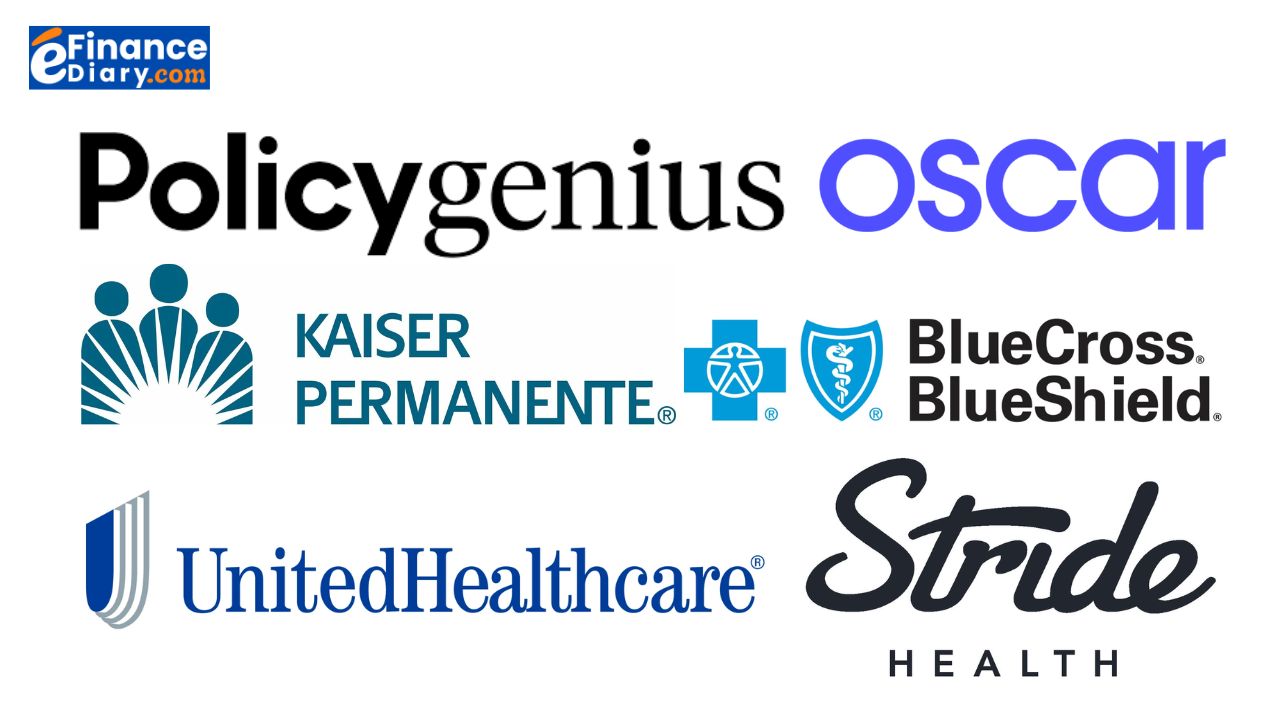Health Insurance for Freelancers: What You Need to Know – As freelancing continues to rise globally, so does the need for independent professionals to manage their own benefits. One of the most critical—and often most confusing—areas is health insurance. Unlike traditional employees, freelancers don’t receive health coverage from an employer, which means finding a reliable and affordable insurance plan is essential for long-term well-being.
Not having proper coverage can mean higher risks, bigger bills, and limited access to preventive care. This guide is designed to help freelancers understand their options, compare plans, and make smart decisions about their health coverage in 2025 and beyond.
Why Health Insurance Is Crucial for Freelancers

No Employer-Provided Coverage
Freelancers are responsible for their own benefits. Without employer-backed plans, you’re exposed to the full cost of medical care unless you secure coverage yourself.
High Out-of-Pocket Risk
Unexpected illness or injury can be financially devastating. Health insurance helps protect against massive bills and provides peace of mind.
Legal and Tax Implications
In countries like the U.S., health insurance status can impact your tax filings and eligibility for subsidies or deductions.
Peace of Mind & Access to Care
Knowing you’re covered allows you to seek regular care without hesitation. Many freelancers delay care due to cost, which can lead to more serious and expensive health issues later.
Health Insurance Options for Freelancers in 2025

1. ACA Marketplace (Healthcare.gov)
For U.S. freelancers, the Affordable Care Act (ACA) marketplace remains a top choice. Based on your income, you may qualify for subsidies that lower monthly premiums. Plans are categorized into Bronze, Silver, Gold, and Platinum tiers based on coverage levels and cost-sharing.
2. Private Health Insurance
Many insurers offer individual plans directly. These may offer more flexibility in coverage, larger networks, or more premium services—but usually cost more without subsidies. They may also include add-on benefits like international coverage or concierge care.
3. Freelancers Union or Professional Associations
Some organizations, like the Freelancers Union, offer group health plans or access to vetted insurers. Membership-based groups may negotiate better pricing or provide access to wellness programs and other member-only benefits.
4. Health Sharing Ministries
These are non-insurance alternatives where members share medical costs. They are often cheaper but don’t offer the same legal protections or guarantees. Health sharing may not cover preventive services, mental health care, or medications.
5. Medicaid (if eligible)
Freelancers with lower income may qualify for Medicaid in their state. Eligibility varies by location, and coverage may include dental, vision, and mental health services in addition to standard care.
6. Short-Term Insurance Plans
Good for emergency-only or temporary coverage. Be cautious: these often exclude pre-existing conditions, maternity care, and preventive services. They are not regulated like ACA-compliant plans.
7. International or Travel Health Insurance
For digital nomads and freelancers working abroad, international health insurance plans provide coverage across borders. Look for providers like Cigna Global or IMG that cater to expats and remote workers.
What to Look for in a Freelancer Health Plan
Premiums and Deductibles
Balance monthly cost against how much you’d need to pay out-of-pocket before coverage kicks in. A lower premium may mean a higher deductible and vice versa.
Out-of-Pocket Maximum
This caps how much you could spend in a worst-case scenario each year. It includes deductibles, co-pays, and coinsurance.
Network of Providers
Ensure your preferred doctors, clinics, or hospitals are included in the provider network. Out-of-network care can be significantly more expensive or not covered at all.
Prescription Drug Coverage
If you take medication regularly, compare formularies and co-pays. Some plans also offer mail-order pharmacy options.
Mental Health and Preventive Services
Mental health care—including therapy and psychiatric services—should be covered. Preventive services like annual checkups, screenings, and vaccinations are essential to staying healthy and reducing long-term cos
Telehealth and Virtual Care Access
Look for plans that include telemedicine or app-based care, especially if you’re often on the move or value convenience.
How to Apply for Health Insurance as a Freelancer
Gather Documentation
You’ll need income estimates, tax filings, identification, and possibly proof of residence or citizenship, depending on the plan.
Know the Enrollment Periods
The ACA has Open Enrollment each fall (typically November 1 to January 15). A major life change (like losing employer coverage or moving) may qualify you for a Special Enrollment Period.
Estimate Your Income Carefully
If your income is irregular, use last year’s tax return and current projections to determine eligibility for subsidies. Overestimating could result in higher premiums; underestimating could require repayment at tax time.
Seek Help from Navigators or Brokers
Many states and nonprofits offer free help through licensed enrollment specialists. Independent insurance brokers can also offer guidance—but verify if they represent multiple insurers.
Best Health Insurance Providers for Freelancers in 2025

Policygenius
An easy-to-use online marketplace that compares top insurers and helps match freelancers with optimal plans.
Oscar Health
Tech-driven insurer with excellent telemedicine and app-based services. Great for digital-savvy freelancers.
Kaiser Permanente
Known for integrated care, in-house providers, and strong preventive health programs.
Blue Cross Blue Shield
Widely available with many state-level affiliates. Offers flexibility and a broad network.
UnitedHealthcare
Offers nationwide coverage and strong digital tools for managing care and claims.
Stride Health / Catch
Tailored platforms specifically for freelancers and gig workers. These tools simplify plan comparison, tax deduction tracking, and subsidy calculations.
Tips to Save Money on Health Insurance

- Claim income-based subsidies via ACA marketplace to reduce premiums.
- Use an HSA (Health Savings Account) if enrolled in a high-deductible plan to save pre-tax money for healthcare expenses.
- Bundle with dental or vision plans to reduce total cost and simplify coverage.
- Compare plans annually to avoid overpaying as your income or needs change.
- Deduct health insurance premiums on your tax return if you’re self-employed (U.S. only).
- Join a professional association for access to group plans and wellness programs.
- Stay healthy and use preventive care to avoid high-cost treatments later.
Final Thoughts: Protect Your Health—and Your Finances
Health insurance isn’t just a safety net; it’s a smart investment for freelancers navigating unpredictable income and long-term career independence. Having the right plan means you can focus on your clients and creative projects—without worrying about what happens if you get sick.
Whether you choose an ACA plan, private insurance, or a freelance-oriented platform, being informed is the first step. Compare options, review your needs, and don’t hesitate to get help if the process feels overwhelming.
Ready to compare plans? Explore your options with platforms like Policygenius, Catch, or your local marketplace today. Your health—and your financial future—deserve it.
